What Do Studio Heads Have to Say About The Hollywood Tariffs?
This week, Trump's Hollywood Tariffs have been a hot-button issue across the entertainment industry, as everyone debates whether or not they could help us. Well, movie studio heads are starting to weigh in on the possibility of these upcoming taxes and to offer solutions as to what would really help the industry out. A few of these studio moguls were at the 2025 Milken Institute Global Conference in Beverly Hills, where the tariffs were one of the first questions brought up. As covered in Variety, they did not hold back. “It’s a big issue, obviously,” said Ravi Ahuja, president and CEO, Sony Pictures Entertainment. “I think in terms of productions leaving [the U.S.], it’s almost more a California issue, honestly, than a U.S. issue. So while it’s true a lot of production has left the United States, it’s even worse for California.” Ahuja expanded on this idea: “I think what’s often forgotten in our business is, the margins are pretty modest” – about 10% for any studio. “So it’s not a business that relies on an enormous well of profit,” Ahuja said. “And producers will tend to locate in the place that’s efficient, so the more we can make the U.S. more efficient, the better.”That's one hurdle I think all execs want the general public to understand. It's not like they're just giving this money to celebs or taking it themselves, these budgets are massive and companies are picking places to shoot because they save them money, or because they are required by the story. It's not as if they're going to shoot something based in Africa on the back lot at Warner's now. Some movies dictate their locations, but still have an American cast and crew. While other movies are shot in cheap places where skilled crews already exist. Another wrinkle in all of this is the strength of the dollar. In a place like Canada, where the dollar goes far and they have skilled labor, studios are getting roughly $1.30 for every dollar they spend. That means a million dollars turns into $1.3 million. That's a big difference! And many American incentives across states have caps or nuances that make it difficult to access them. Chairman and CEO, HBO and Max Content, Casey Bloys said, “The issue becomes, when you’re trying to plan, because [California incentives are] capped, you have to get into a lottery and you’re not sure if your show is going to get the tax break or not.” Bloys continued, “When you’re looking at that versus Atlanta versus Canada, and the others have guaranteed the incentive. If California could address that, that would make a big difference. The entertainment industry is based here. There’s a lot of infrastructure here, but the uncertainty around that incentive has been problematic to plan.”Pearlena Igbokwe, chairman of Universal Studio Group, doubled down on not wanting production to leave LA, but not really having a choice. She said, “It’s not as if we wake up to say, 'Oh, I’d love to go to Budapest today.'”Igbokwe continued, “Our objective is always, you want to give the producers, the writers, the storytellers whatever resources they need to make and tell the stories they want. And that includes location, if the story requires it, and it includes resources, because you want all the money, as much as you can, to end up on screen. And that may or may not mean you can afford it locally."These issues all need to be resolved at the state and national levels. Even now, the new California shooting standards come with a cap at $750 million, and you have to enter a lottery to get them. In addition to that, there are other states that offer the same with a better chance of getting in the lottery, and then other countries with no caps, where you can just go and shoot and get rebates much easier. This is a complicated situation. Everyone wants jobs to come back home, but until the US agrees to some sort of subsidy, it's hard to compete with other countries that can undercut us. And taxing people more to go there won't keep movies at home; it will just eliminate movies, which are such an important and American export. It would be devastating to see them all but disappear. Let me know what you think in the comments.


This week, Trump's Hollywood Tariffs have been a hot-button issue across the entertainment industry, as everyone debates whether or not they could help us.
Well, movie studio heads are starting to weigh in on the possibility of these upcoming taxes and to offer solutions as to what would really help the industry out.
A few of these studio moguls were at the 2025 Milken Institute Global Conference in Beverly Hills, where the tariffs were one of the first questions brought up.
As covered in Variety, they did not hold back.
“It’s a big issue, obviously,” said Ravi Ahuja, president and CEO, Sony Pictures Entertainment. “I think in terms of productions leaving [the U.S.], it’s almost more a California issue, honestly, than a U.S. issue. So while it’s true a lot of production has left the United States, it’s even worse for California.”
Ahuja expanded on this idea: “I think what’s often forgotten in our business is, the margins are pretty modest” – about 10% for any studio. “So it’s not a business that relies on an enormous well of profit,” Ahuja said. “And producers will tend to locate in the place that’s efficient, so the more we can make the U.S. more efficient, the better.”
That's one hurdle I think all execs want the general public to understand. It's not like they're just giving this money to celebs or taking it themselves, these budgets are massive and companies are picking places to shoot because they save them money, or because they are required by the story.
It's not as if they're going to shoot something based in Africa on the back lot at Warner's now. Some movies dictate their locations, but still have an American cast and crew.
While other movies are shot in cheap places where skilled crews already exist.
Another wrinkle in all of this is the strength of the dollar. In a place like Canada, where the dollar goes far and they have skilled labor, studios are getting roughly $1.30 for every dollar they spend. That means a million dollars turns into $1.3 million.
That's a big difference!
And many American incentives across states have caps or nuances that make it difficult to access them.
Chairman and CEO, HBO and Max Content, Casey Bloys said, “The issue becomes, when you’re trying to plan, because [California incentives are] capped, you have to get into a lottery and you’re not sure if your show is going to get the tax break or not.”
Bloys continued, “When you’re looking at that versus Atlanta versus Canada, and the others have guaranteed the incentive. If California could address that, that would make a big difference. The entertainment industry is based here. There’s a lot of infrastructure here, but the uncertainty around that incentive has been problematic to plan.”
Pearlena Igbokwe, chairman of Universal Studio Group, doubled down on not wanting production to leave LA, but not really having a choice. She said, “It’s not as if we wake up to say, 'Oh, I’d love to go to Budapest today.'”
Igbokwe continued, “Our objective is always, you want to give the producers, the writers, the storytellers whatever resources they need to make and tell the stories they want. And that includes location, if the story requires it, and it includes resources, because you want all the money, as much as you can, to end up on screen. And that may or may not mean you can afford it locally."
These issues all need to be resolved at the state and national levels. Even now, the new California shooting standards come with a cap at $750 million, and you have to enter a lottery to get them. In addition to that, there are other states that offer the same with a better chance of getting in the lottery, and then other countries with no caps, where you can just go and shoot and get rebates much easier.
This is a complicated situation. Everyone wants jobs to come back home, but until the US agrees to some sort of subsidy, it's hard to compete with other countries that can undercut us. And taxing people more to go there won't keep movies at home; it will just eliminate movies, which are such an important and American export. It would be devastating to see them all but disappear.
Let me know what you think in the comments.




















































![Hollow Rendition [on SLEEPY HOLLOW]](https://jonathanrosenbaum.net/wp-content/uploads/2010/03/sleepy-hollow32.jpg)
![It All Adds Up [FOUR CORNERS]](https://jonathanrosenbaum.net/wp-content/uploads/2010/08/fourcorners.jpg)






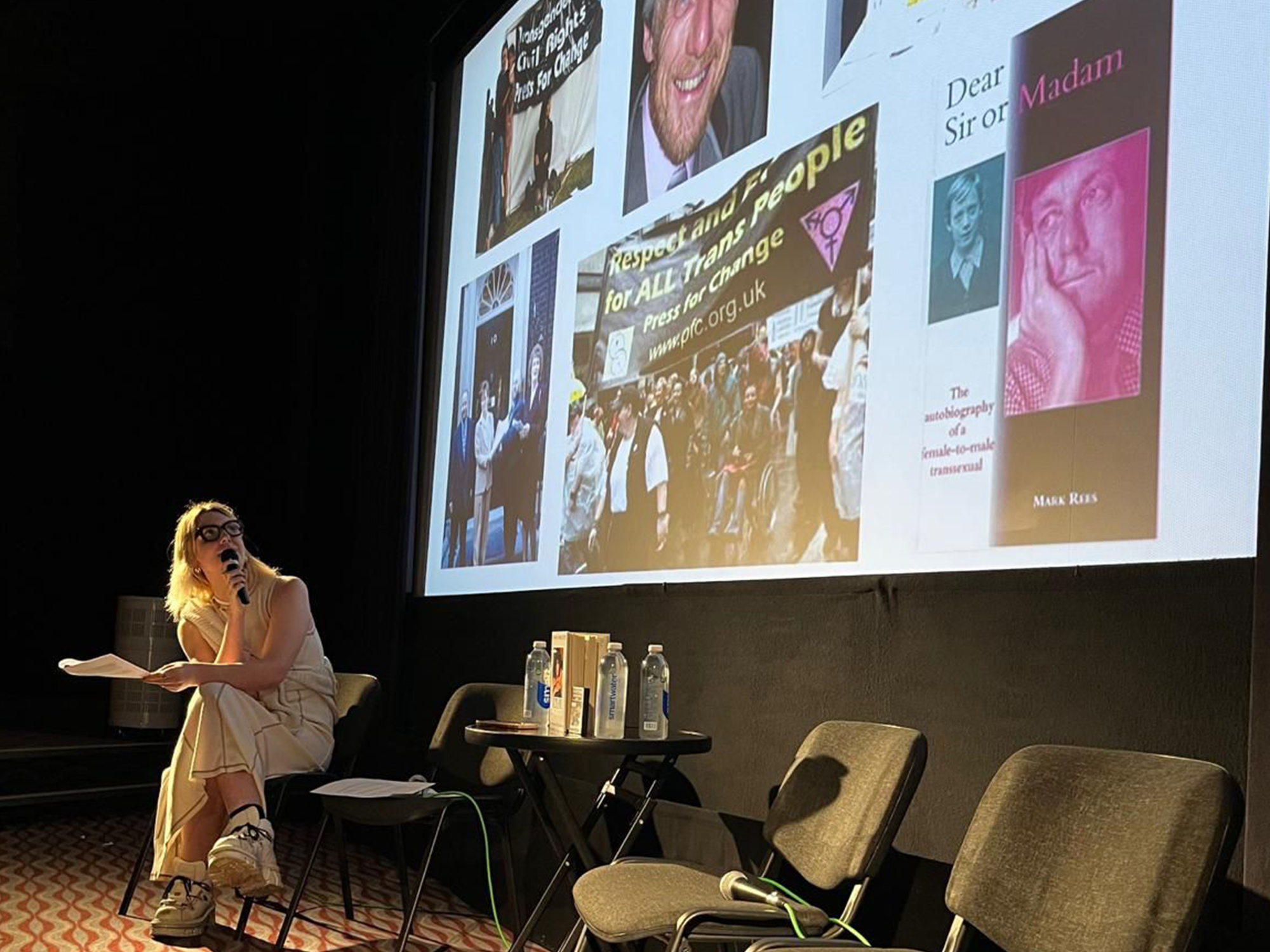






















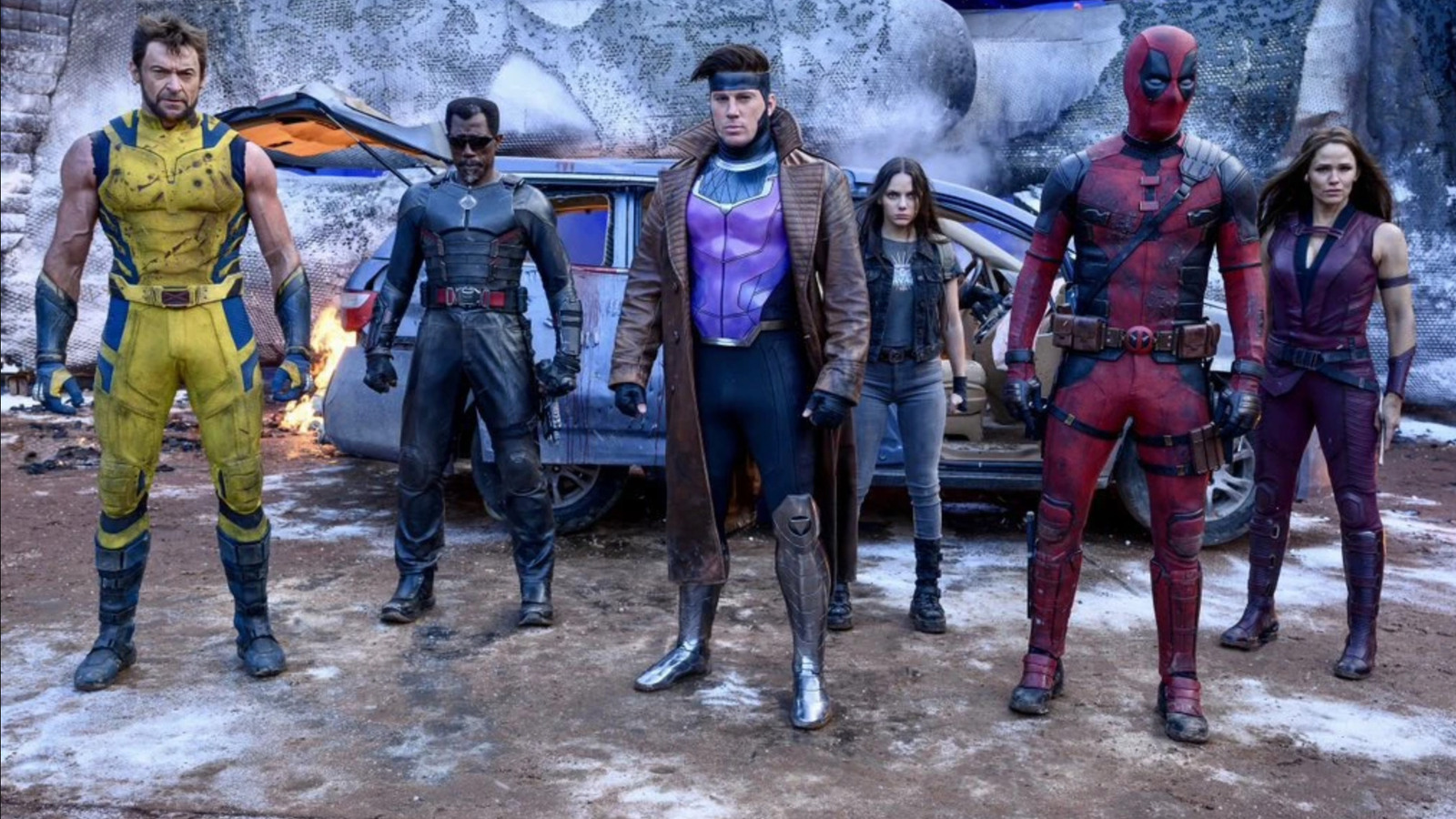


![John Wick's 'Gun-Fu' Action Style Was Originally Designed For A Jason Statham Movie [Exclusive]](https://www.slashfilm.com/img/gallery/john-wicks-gun-fu-action-style-was-originally-designed-for-a-jason-statham-movie-exclusive/l-intro-1746726001.jpg?#)













![‘The Surfer’: Nicolas Cage & Lorcan Finnegan Dive Into Aussie Surrealism, Retirement, ‘Madden’ & ‘Spider-Man Noir’ [The Discourse Podcast]](https://cdn.theplaylist.net/wp-content/uploads/2025/05/08055648/the-surfer-nicolas-cage.jpg)

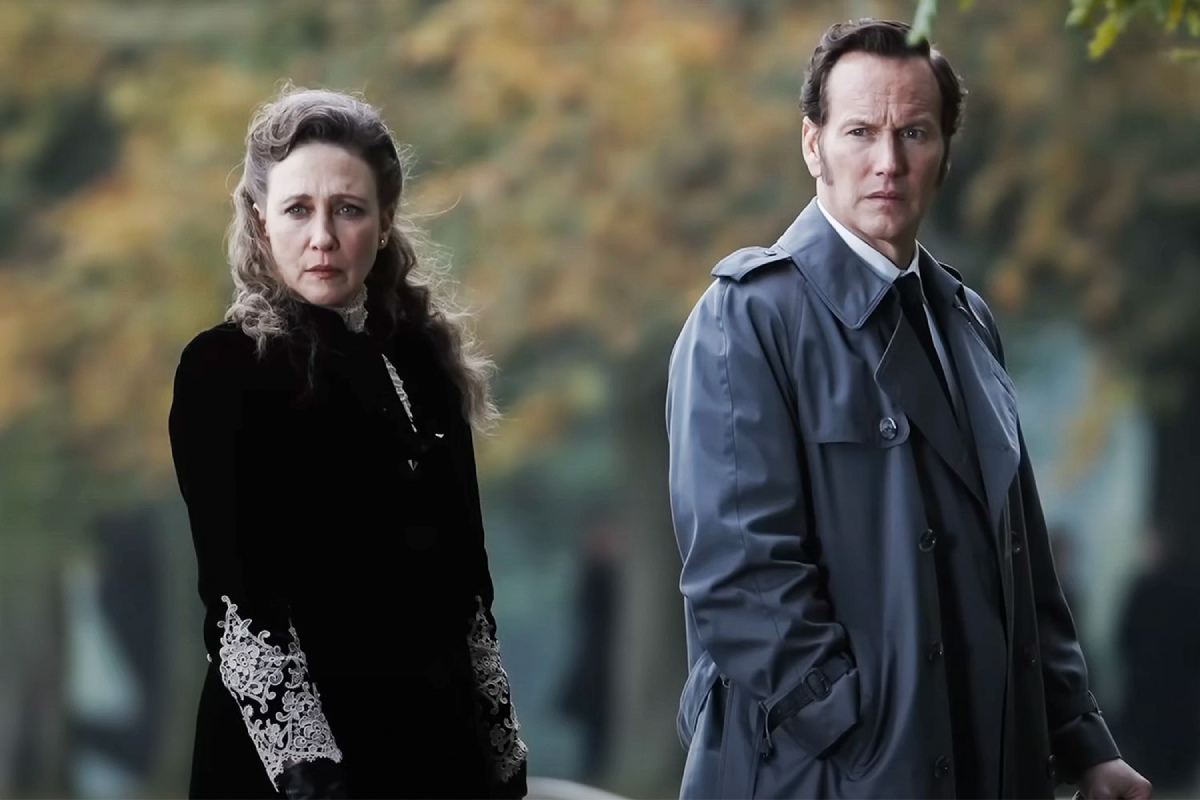



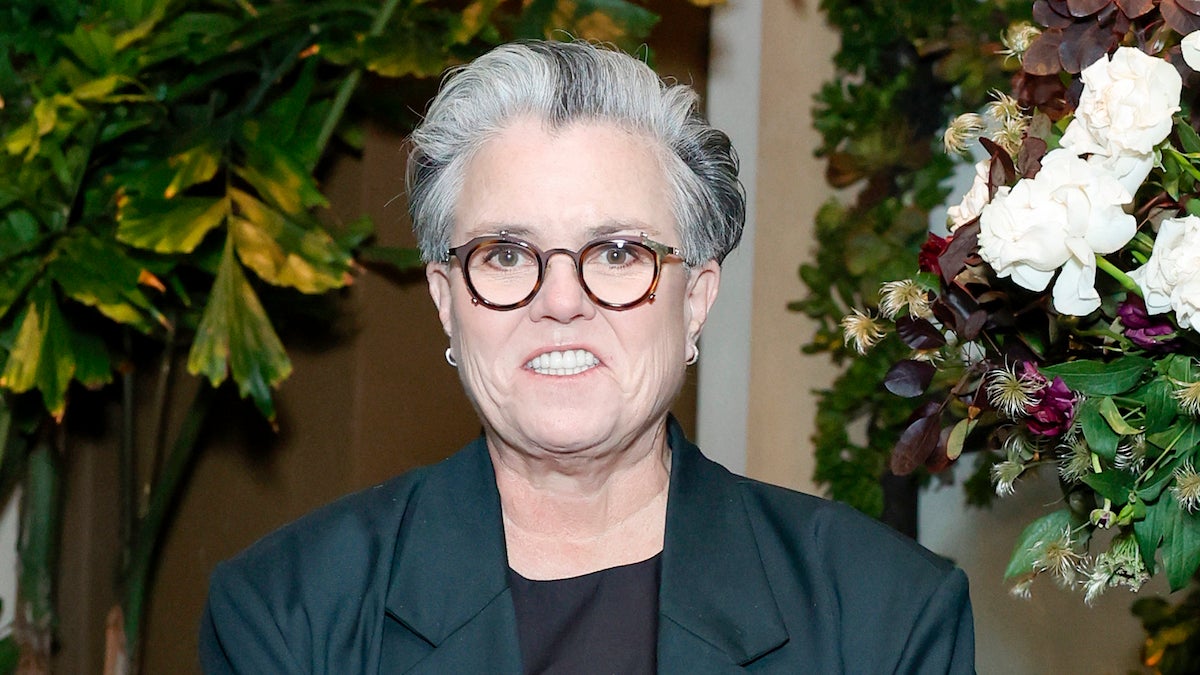




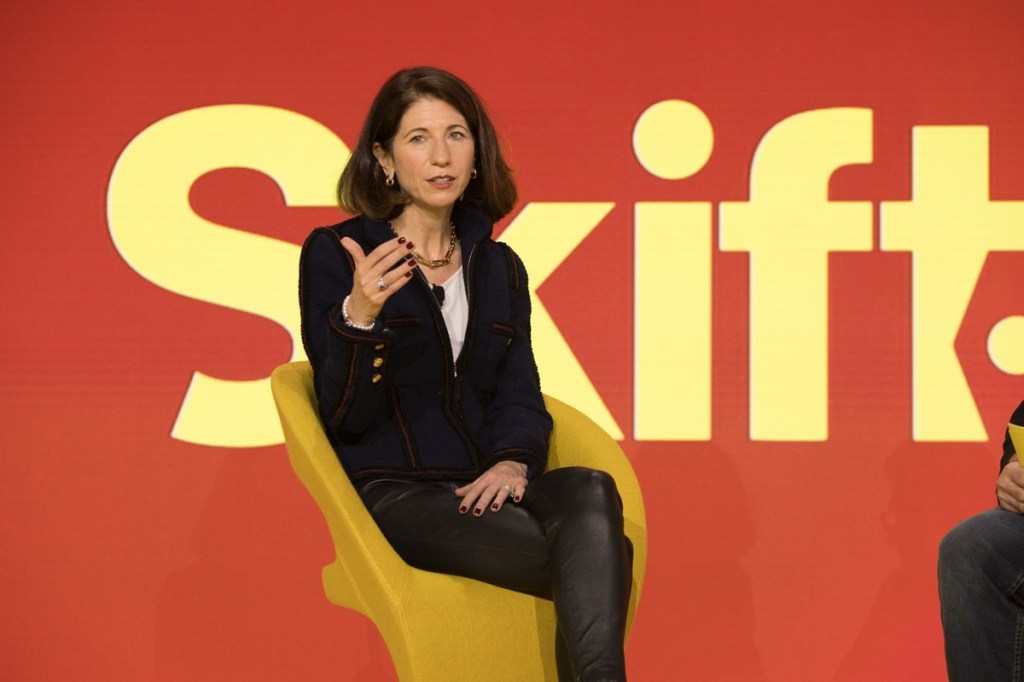































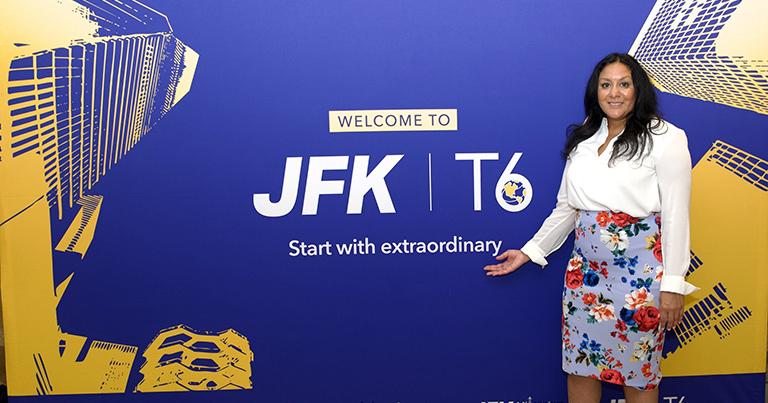



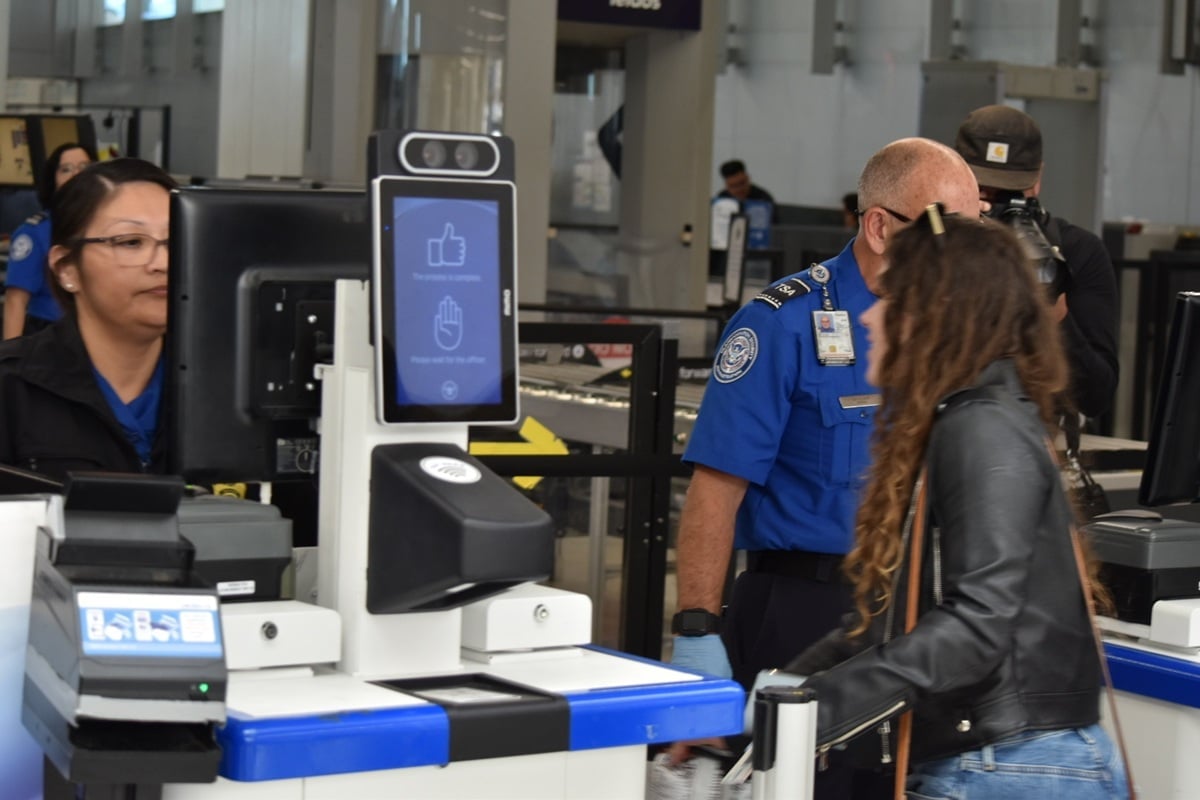































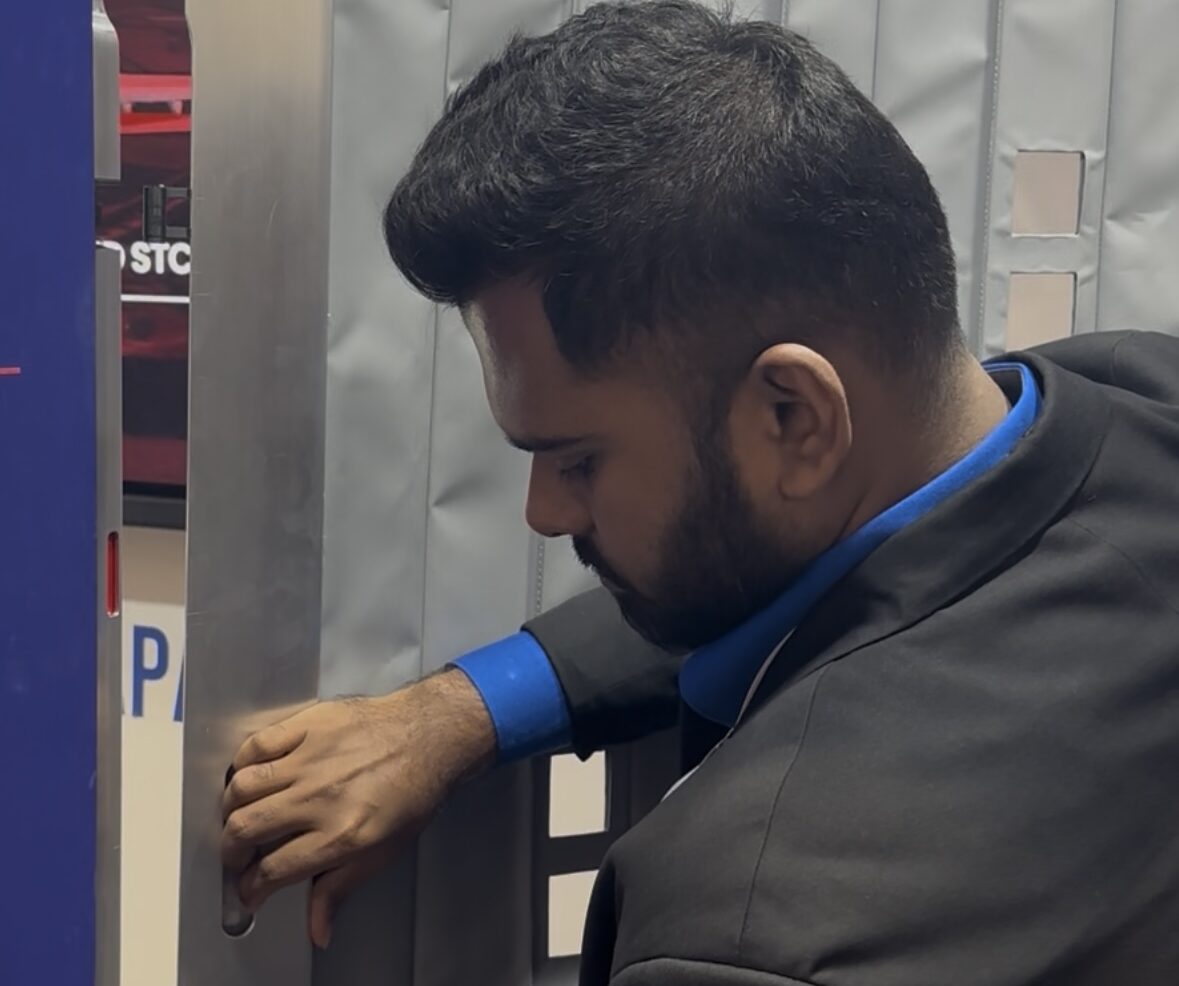





























![Marriott Hotel Demanded Women Show ID To Prove Gender—While They Were Using The Restroom [Roundup]](https://viewfromthewing.com/wp-content/uploads/2025/05/liberty-hotel-boston.jpeg?#)
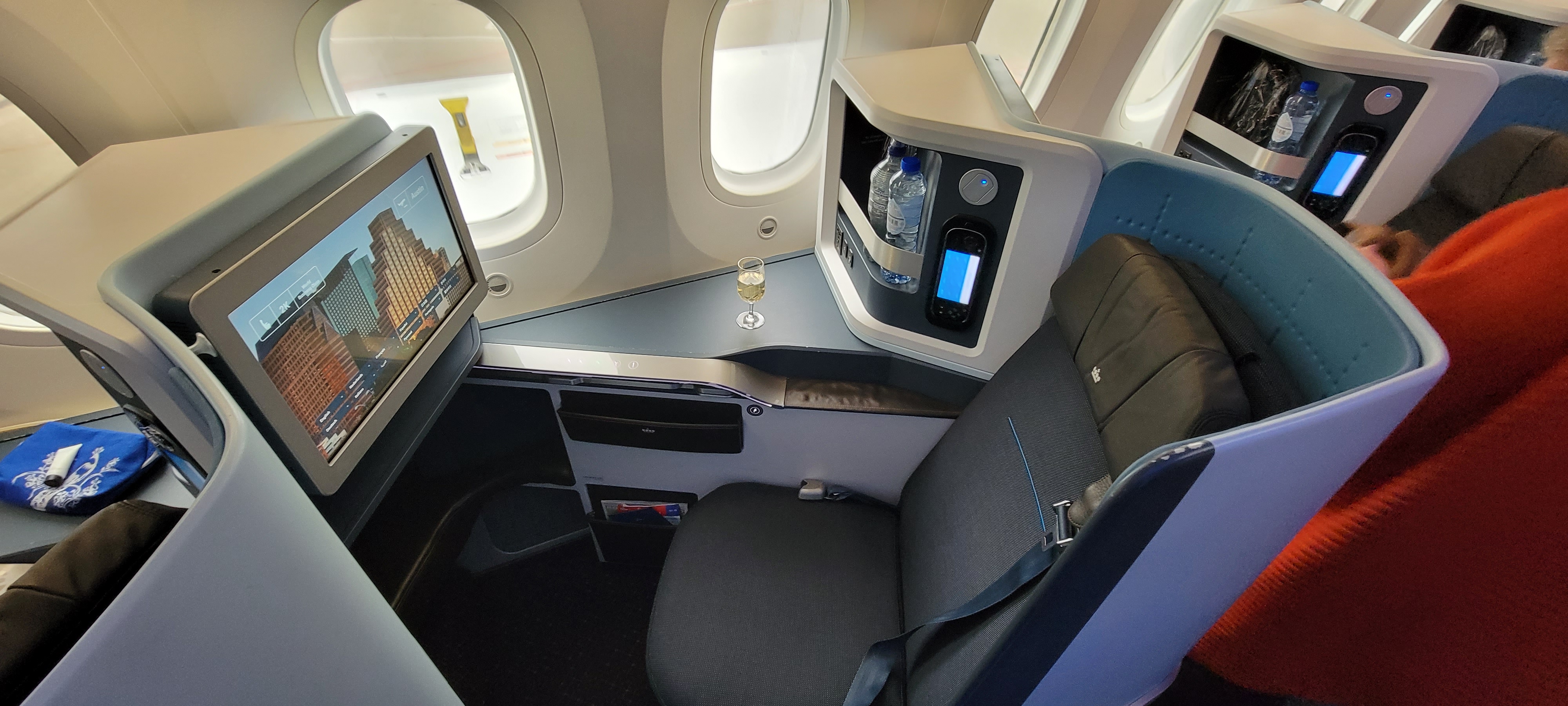



























































































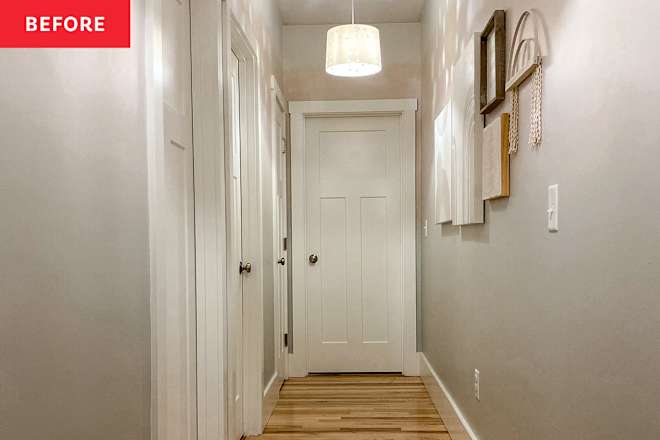





























































.jpg)






















































































































